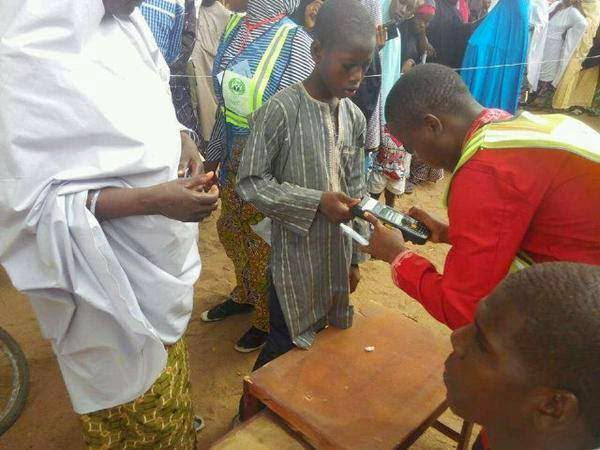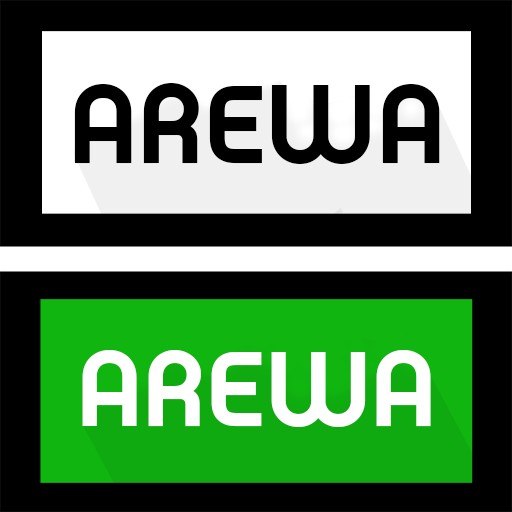[ad_1]

The Independent National Electoral Commission, INEC, has said the disturbing reports of underage voting that emerged from last Saturday’s local government polls in Kano State did not relate to any election it conducted or had responsibility for.
According to the national electoral body, the clarification was necessary in order to allay public worries over the credibility of the 2019 elections.
INEC is statutorily empowered to conduct all Nigeria’s elections, except that of the local government councils conducted by the electoral commissions in each state.
However, in a statement by a spokesperson, Oluwole Uzzi, on Tuesday, INEC acknowledged the pictures of the underage voters, but stated that “as far as we can ascertain, they (the pictures) relate to a local government election conducted at the weekend (in Kano)”.
“While the Commission remains resolute in our commitment to sanitise the nation’s electoral process and deliver free, fair and credible elections, we cannot be held directly or vicariously liable for a process outside our legal purview.
“Our our part, INEC assures the public that we are doing all we can to ensure a credible election,” INEC said.
However, INEC’s assurance may be doubted if it becomes established that the Kano State Independent Electoral Commission, KANSIEC, used the national commission’s voters’ register and the pictured underage voters were accredited using that.
While Nigeria’s recent elections have earned positive reviews from local and international observers, the local ones organised by the electoral commission in various states remain subject of worries and constitute a downside to the country’s 19-year old democracy.
It is not just that the state electoral commissions are barely independent, it has also been observed that the opposition parties and their candidates for the local council elections have limited chance.
For instance, in the recent elections in Kano, Kwara, Osun and Benue States the ruling All Progressives Congress and the Peoples Democratic Party in the case of Ekiti State and Akwa Ibom State, won all the contested seats amid serious allegations of brazen irregularities.
This has prompted the National Assembly to amend the country’s law so that local elections would also be conducted by INEC, thus scrapping state electoral commissions. That amendment is, however, sill in the process of becoming law.
INEC also said it was aware of the challenges people face in trying to get registered at some centres.
To address this problem, the commission said it had taken two steps, including the deployment of more direct data capturing machines for registration and increasing the number of the registration centres to 1,446 nationwide.
“We believe that with the measures taken so far the queues and other identified challenges will soon abate,” the commission said.
[ad_2]
Source link
